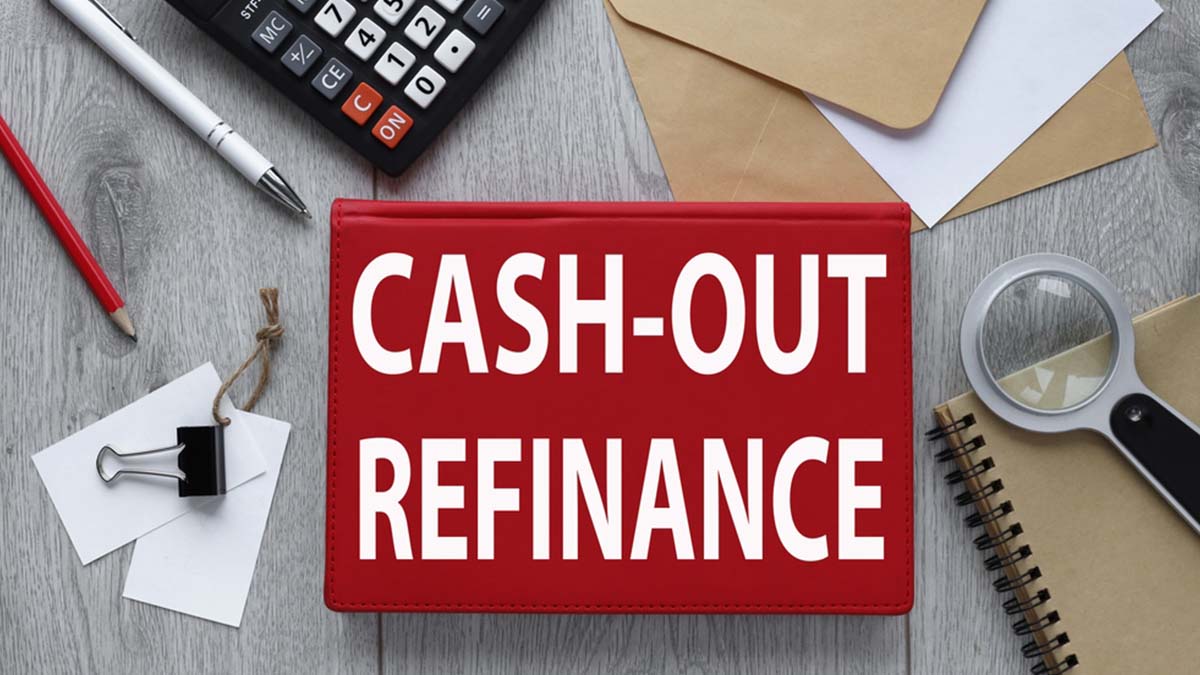

LOAN TERMINOLOGY
Down payment
A down payment is an amount you pay toward the home upfront. You put a percentage of the home’s value down and borrow the rest through your mortgage loan. Generally, the larger the down payment you make, the lower the interest rate you will receive and the more likely you are to be approved for a loan.
Amount financed
It means the amount of money you are borrowing from the lender, minus most of the upfront fees the lender is charging and down payment. Principal The amount of debt, not counting interest, left on a loan. Collateral The term collateral refers to an asset that a lender accepts as security or part of the down payment for a loan. Collateral may take the form of real estate or other kinds of assets like equipment, accounts receivable, notes, etc., depending on the purpose of the loan. The collateral acts as a form of protection for the lender.
Appraisal fee
An appraisal fee is the cost of a home appraisal of a house you plan to buy or already own. Home appraisals provide an independent assessment of the value of the property. In most cases, the selection of the appraiser and any associated costs is up to your lender.
Balloon loan
For mortgages, a balloon loan means that the loan has a larger-than-usual, one-time payment, typically at the end of the loan term. This one-time payment is called a “balloon payment, and it is higher than your other payments, sometimes much higher. If you cannot pay the balloon amount, you might have to refinance, sell your home, or face foreclosure.
Construction loan
A construction loan is usually a short-term loan that provides funds to cover the cost of building or rehabilitating a home. We offer commercial construction loans including solar projects, hotels, gas stations, and any commercial loan.
Credit history
Credit history is a record of your credit accounts and your history of paying on time as shown in your credit report. Consumer reporting companies, also known as credit reporting companies, collect and update information about your credit record and provide it to other businesses, which use itto make decisions about you. Credit reports have information about your credit activity and current credit situation such as your loan paying history and the status of your credit accounts.
Earnest money
Earnest money is a deposit a buyer pays to show good faith on a signed contract agreement to buy a home. The deposit is held by a seller or third parties like a real estate agent or title company. If the home sale is finalized or “closed” the earnest money may be applied to closing costs or the down payment. If the contract is terminated for a permissible reason, the earnest money is returned to the buyer. If the buyer does not perform in good faith, the earnest money may be forfeited and paid out to the seller.
Equity
Equity is the amount your property is currently worth minus the amount of any existing mortgage on your property.
Foreclosure
Foreclosure is when the lender or servicer takes back property after the homeowner fails to make mortgage payments. In some states, the lender has to go to court to foreclose on your property (judicial foreclosure), but other states do not require a court process (non-judicial foreclosure). Generally, borrowers must be notified if the lender or servicer begins foreclosure proceedings. Federal rules may apply to when the foreclosure may start.
Mortgage Refinance
Mortgage refinance is when you take out a new loan to pay off and replace your old loan. Common reasons to refinance are to lower the monthly interest rate, lower the mortgage payment, or borrow additional money. When you refinance, you usually have to pay closing costs and fees. If you refinance and get a lower monthly payment. Make sure you understand how much of the reduction is from a lower interest rate and how much is because your loan term is longer.
Payoff amount
Your payoff amount is how much you will have to pay to satisfy the terms of your mortgage loan and completely pay off your debt. Your payoff amount is different from your current balance. Your current balance might not reflect how much you have to pay to completely satisfy the loan. Your payoff amount also includes the payment of any interest you owe through the day you intend to pay off your loan. The payoff amount may also include other fees you have incurred and have not yet paid.
Right of Rescission
The right of rescission refers to the right of a consumer to cancel certain types of loans. If you are buying a home with a mortgage, you do not have a right to cancel the loan once the closing documents are signed. However, if you are refinancing a mortgage, you have until midnight of the third business day after the transaction to rescind (cancel) the mortgage contract.
Subprime mortgage
When lenders use the term, they generally mean a loan program for borrowers who do not qualify for a prime loan, often with a higher interest rate.
Jumbo Loan
Each year Fannie Mae, Freddie Mac, and their regulator, the Federal Housing Finance Agency (FHFA), set a maximum amount for loans that they will buy from lenders.
Broker
An individual in the business of assisting in arranging funding (or negotiating contracts) for a client. The broker does not loan the money himself. Brokers usually charge a fee or receive a commission for their services. An independent loan originator who works on behalf of consumers to obtain mortgage financing. Brokers don’t represent a single bank, but rather work with numerous lenders.
Realtor
A real estate broker or an associate holding active membership in a local real estate board affiliated with the National Association of Realtors. Realtors assist the customer to find the real estate property, negotiate with the seller, work with 3rd parties like title attorneys, lenders, inspectors, and help the customer to buy the property. The Realtor always signs up and works under a real estate broker.
Lien or Deed of Trust
A claim against a property by the issuing bank or lender to secure repayment of a debt, typically in the form of a mortgage.
Loan Officer
A representative of a bank or broker who originates mortgages on their behalf. A residential loan officer requires to have a license to offer any mortgage loan. The Loan Officer is also called a mortgage Broker. Technically, Loan Officer works for a Broker or Lender.
Cash Flow
The amount of cash derived over a certain period from an income-producing property. The cash flow should be large enough to pay the expenses of the income-producing property (mortgage payment, maintenance, utilities, etc.).
Underwriting
The decision whether to make a loan to a potential home buyer based on credit, employment, assets, and other factors and the matching of this risk to an appropriate rate and term or loan amount.
Bridge Loan/ Hard Money
Loan A short-term loan is taken out against one property to finance the purchase of a new property. At CommercialLenderUSA.com, we offer bridge loans or hard money loans as a temporary solution and find end permanent loans at the same time.
No Doc Commercial or Business Loan
No doc refers to a commercial, investment, or business loan where the tax returns or paystubs don’t require. A Profit and Loss (P & L) statement or business bank statement may need to review by the Investor or Lender to understand the cash flow and business nature.




